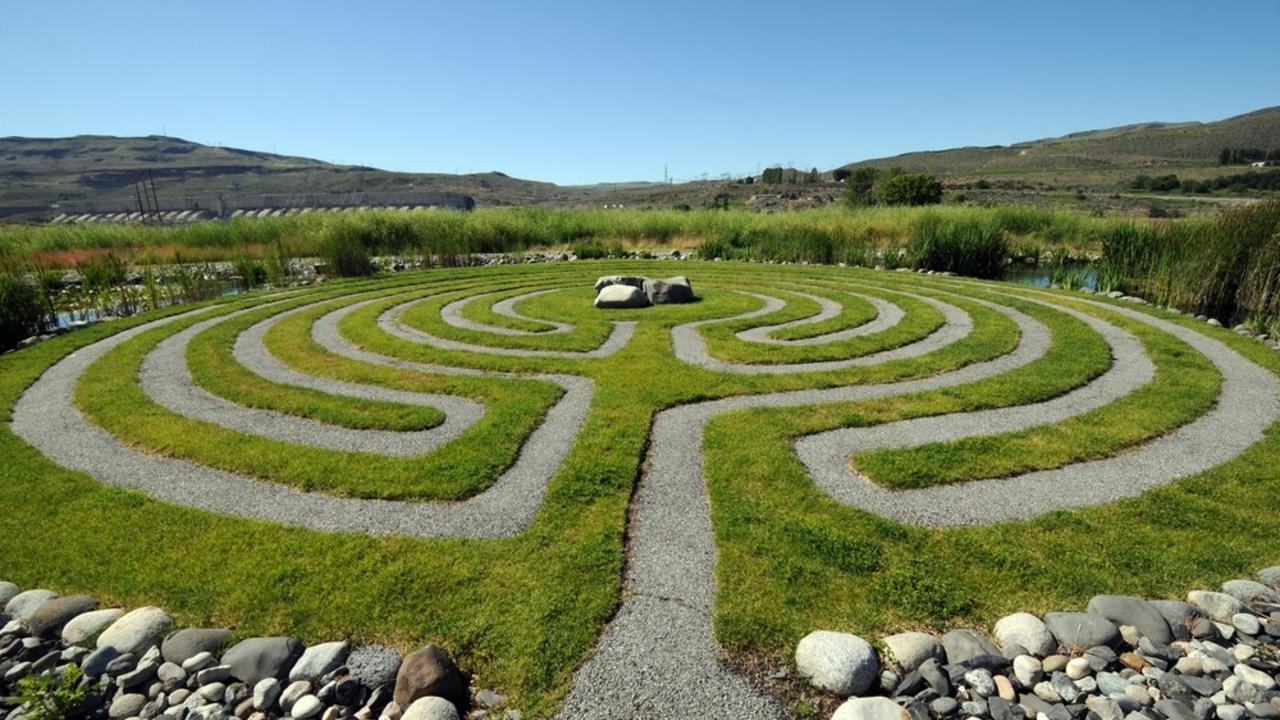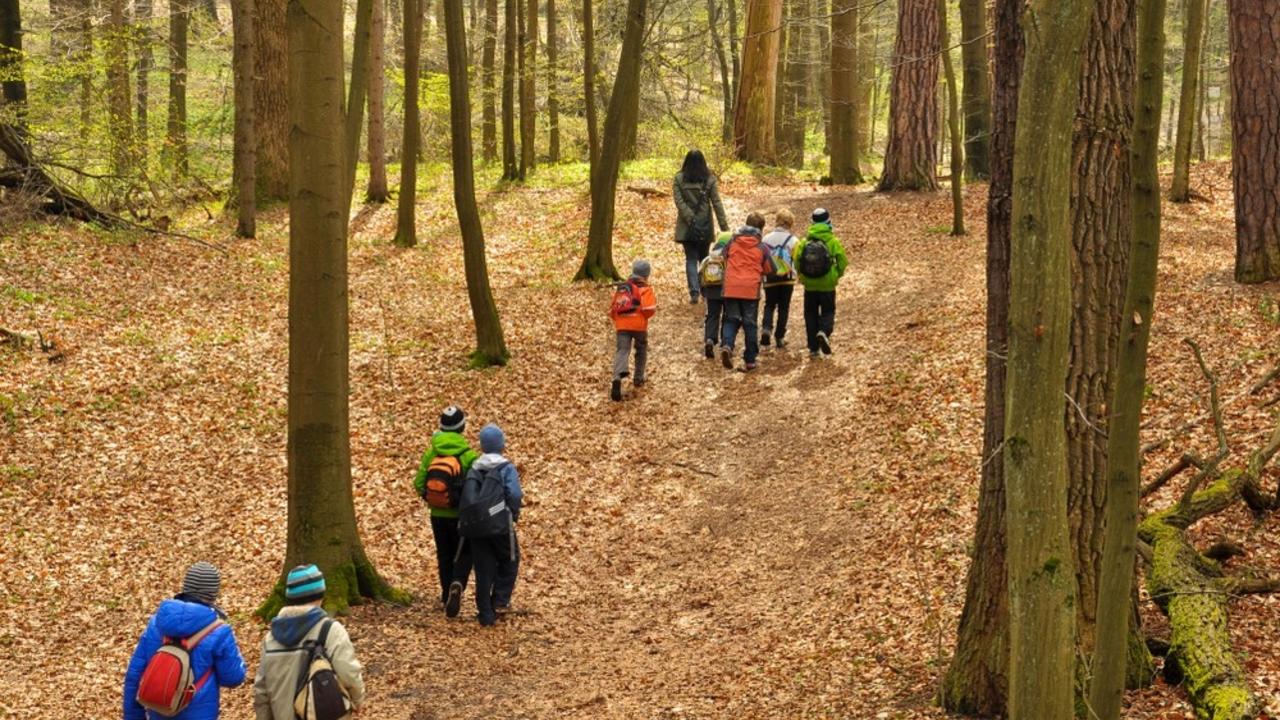Sustainable wellbeing and green living
Let's find ways to Flourish!
Bycatch Donation

Bycatch is the accidental capture of non-target marine species during commercial fishing. Most of the fishing industry will target specific species that are profitable such as shrimp, salmon, cod, and seabass. These are the species of fish that you will often find at markets and restaurants. Bycatch may be marine animals the fisherman doesn’t want, can’t make a profit off of, or are not allowed to sell. Unwanted fish species also includes fish that are too small or the wrong sex. The problem with fishing is that bycatch is unavoidable. Modern fishing gear is extremely strong and able to cover large areas. This gear is often unselective, meaning that it catches the target species as well as many other creatures, whether they are different types of fish or marine animals such as sharks, dolphins, and sea turtles. The bycatch caught by fishermen is often hauled up with the target species, then discarded overboard. By the time the bycatch is released back into the water, the animals are ei...
Vision Zero

According to the Association for Safe International Road Travel, approximately 1.35 million people across the globe die in road crashes on an annual basis, while an additional 20-50 million suffer nonfatal injuries. More than half of the annual road traffic deaths are vulnerable road users such as pedestrians, cyclists, and motorcyclists. While modern cities tend to sprawl outwards, resulting in a need for automobiles, trains, and busses, there seems to be a design element that is severely lacking when it comes to roadways: safety. The majority of road crashes are predictable and therefore preventable, yet in most cities, proactive approaches to road safety have not been implemented.
Vision Zero is a multinational road safety traffic project that aims to eliminate all traffic fatalities and serious injuries while increasing safe and equitable means of transportation and mobility. Vision Zero began in Sweden in 1997 when it was adopted by the Swedish government as their official road p...
Tiny Houses

“Bigger is better” seems to be the motto people are living by today. This outlook can be, and often is, applied to food portions, vehicles, and perhaps most commonly, houses. Home buyers tend to be concerned with square footage, spare rooms, and the number of bathrooms a potential home may have. While it is important to have enough room in your home for the things you require, it may not be necessary to buy as big as you can afford. In fact, tiny homes are gaining popularity as people are deciding to pursue minimalistic and affordable lifestyles! What is a tiny home? A tiny home averages at approximately 186 square feet in size and can range from anywhere between 100 to 400 square feet. Tiny houses are often mobile, meaning that they are built on wheels so that the owner can move locations when desired. Tiny houses can also be fixed in a permanent location if mobility doesn’t suit your lifestyle. Try thinking quality over quantity when deciding on the size of your new home, as there ar...
Kids Playing in Boxes

There are thousands of toys marketed towards children, whether they are associated with well-loved movies and tv characters, come in eye-catching colours, make interesting sounds, or promise to facilitate learning and development. With so many different options, it can be difficult to find the perfect toy which will be both educational and entertaining for a child. Luckily, you don’t need to spend hours searching online, make a trip to the store, or spend any money in order to find what you’re looking for! Simply look to your recycling box! Cardboard boxes can be the ultimate playtime experience for children, as they encourage creativity, imagination, and socialization when playing with other children.
When presented with a large cardboard box, it is only natural for a child to want to crawl in, explore, and transform it with their imagination. A plain cardboard box is the perfect way for children to express their creativity and imagination, as it is a blank slate. The plain brown col...
Labyrinth Walking as Meditation

Labyrinth walking is an ancient practice that is featured in many religions or spiritualities for the purpose of prayer, contemplation, and finding one’s inner peace through meditation. Walking a labyrinth can be great for meditation, as you are able to incorporate some gentle movement, which can be beneficial for those who have trouble standing or sitting still! What exactly is a labyrinth? A labyrinth is a geometric pattern that serves as a guide for you to walk in a pattern, allowing you to walk longer without going far. Upon first glance, it looks similar to a maze, but the design objective is different. Unlike a maze which serves to confuse users, a labyrinth contains one path that leads to the centre. This path is also the same path used to find your way back out. This single path folds in on itself many times, creating a long winding journey with many gentle twists and turns. One need not worry about hitting a dead end or getting lost, as labyrinths are quite simple to follow an...
WWOOF

World Wide Opportunities on Organic Farms, or more commonly known as WWOOF, is a network of national organizations that help pair volunteers and organic farmers together in order to create a mutually beneficial farming experience that creates a positive impact on the environment, and helps share knowledge about organic farming. A WWOOF arrangement requires no monetary exchanges between the volunteers and the farmers, as the hosts provide food and shelter in exchange for help with daily tasks around the farm. This arrangement facilitates experiential learning about the environment, sustainable agriculture, and culture of the country you are WWOOFing.
There are a wide variety of countries and hosts available to choose from on the Federation of WWOOF Organizations website. Some countries have their own national WWOOF organizations that you may find a host or list your farm through, while other countries which do not have a national organization are listed under the WWOOF Independents we...
Heritage Tomatoes

Have you ever noticed that the tomatoes you buy from the grocery store are lacking in flavour? While they may look desirable due to their nearly perfect size, shape, and colour, tomatoes that are most commonly found in the produce aisle might not live up to their looks taste-wise. This is due to the fact that farmers and their supply chains tend to value quantity and uniformity over variety and taste when it comes to tomatoes. In order to make a profit by producing a large amount of tomatoes, modern tomato cultivars are selected based on yield, size, shape, and firmness, while taste is often overlooked. These watery tomatoes often result in disappointment and culinary fails.
What is the alternative to these tasteless tomatoes? Heritage tomatoes! A heritage tomato, sometimes called an heirloom tomato, is a cultivar of tomato which is non-hybrid and open-pollinated. Open-pollinated refers to the fact that they retain the characteristics from their parent plant and can be naturally polli...
International Mud Day

June 29th is International Mud Day, a day that was created in order to encourage children all around the world to connect with each other and the environment. Playing outside is a great way for children to get fresh air, exercise, explore, and get a little carefree and dirty. While getting muddy can sometimes be discouraged or frowned upon, there are many benefits associated with allowing children to let loose and get covered in mud. Regular exposure to the macrobacteria in soil has the ability to strengthen immune systems by preventing the development of allergies and has also been shown to release serotonin in our brains, creating feelings of calmness and relaxation. Additionally, playing in mud allows children to develop their sensory skills, creativity, and communication skills when playing with other children. Mud is a great medium for sculpting and digging, allowing children to use their imaginations and practice using their fine motor skills. Playing in mud also creates a perfec...
Forest School

When it comes to education, time spent in the outdoors doesn’t have to be limited to recess and extracurricular activities. Forest school brings education outdoors by allowing children to have hands-on learning experiences in a natural setting. Forest school does not refer to a specific place, but instead refers to an education ethos that puts nature at the centre of learning. Despite its name, a forest school can occur in any type of natural environment whether it is in a school park, meadow, or forested area. While traditional schools and daycares occasionally arrange for class outings in nature, a forest school prioritizes outdoor time and includes it in the curriculum on a regular and frequent basis. Many traditional primary schools or daycares feature open-play time and fun activities such as crafts and games. These same elements are included within forest schools but occur outdoors.
In order for a forest school to be classified as such, there is a list of principles designated b...
Just Transition

As we transition away from an extractive economic model based on the use of fossil fuels, we must do so in a way that leads to repairing the past and present harms of environmental racism. Communities affected by industrial pollution, climate change and unsafe labour conditions are disproportionately communities of colour, Indigenous, Black and lower income people. A “Just Transition'' means that communities affected by the pollution, unsafe labour conditions, and unfair economic conditions lead the transition through a bottom-up approach, rooted in civil rights and social justice.
In order to adequately address the climate crisis, which is one of the most urgent issues currently facing humanity, there is a need to transition from an extractive economy to a regenerative economy. Our current economic model relies on the extraction of resources such as biomass, fossil fuels, metal, and minerals in order to produce goods and sell them at a profit. This extraction of resources comes at an...

